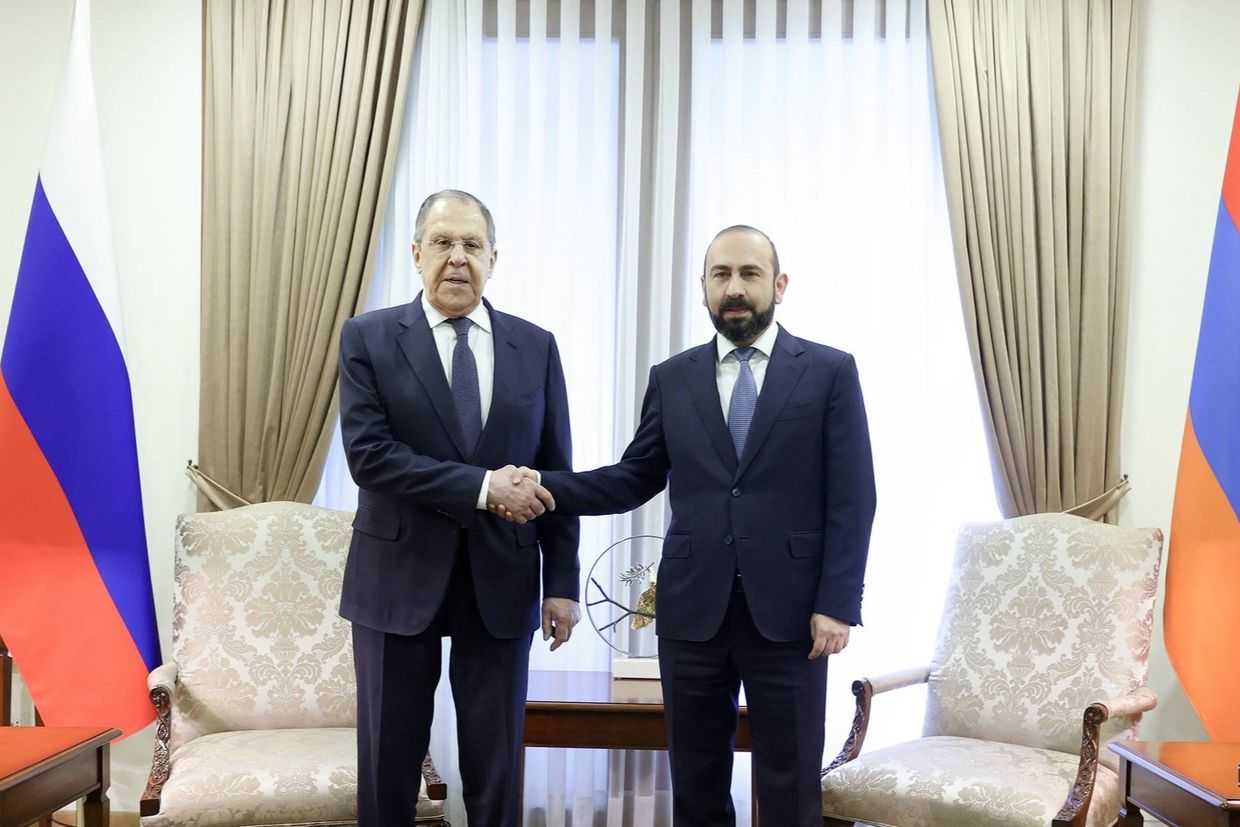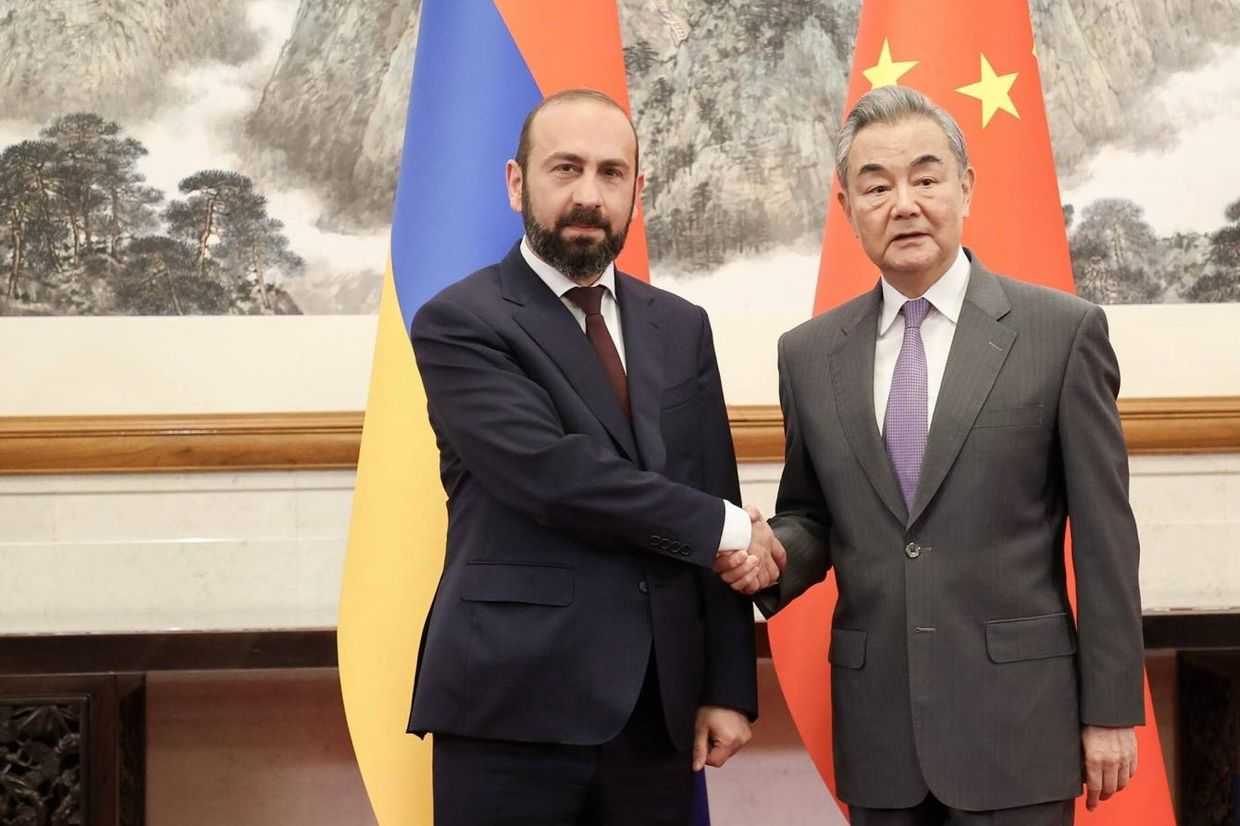
Armenian Prime Minister Nikol Pashinyan has unveiled the ‘Crossroads of Peace’ — a regional transport proposal that would connect Turkey, Azerbaijan, Iran, and Georgia through Armenia.
Pashinyan announced the details of the proposal on Thursday at the Tbilisi Silk Road Forum in Georgia as an ‘important part of the peace agenda’ in the South Caucasus.
The project would see the renovation and development of roads, railways, pipelines, cables, and electricity lines between Armenia and Turkey and Azerbaijan.
Armenia’s borders with its eastern and western neighbours have been closed since the First Nagorno-Karabakh War in the 1990s.
Armenia proposed the establishment of several border checkpoints on its borders with Azerbaijan, along with the building railways that would connect Armenia with Azerbaijan, and western Azerbaijan with the Azerbaijani exclave of Nakhchivan.

Pashinyan first alluded to the project in his speech at the European Parliament on 17 October. He said that, at the time, it was called the Armenian Crossroads, but that it needed to be rebranded ‘to further regionalise [the] project’.
In an interview with the Wall Street Journal on Wednesday, Pashinyan reiterated that the opening of regional communications should take place based on countries’ sovereignty and jurisdiction, and apparent reference for earlier Azerbaijani demands for a ‘Zangazur Corridor’ through Armenian territory.
‘Without roads, it will be very difficult to build peace’
At the Tbilisi Silk Road Forum, Pashinyan stated that ‘closed roads are an indication of problems’, referring to Armenia being a landlocked nation which does not have access to two of its four surrounding neighbours.
‘Without roads, it will be very difficult to build peace’, he said, noting that several regional railways and highways had been out of use for 30 years.
He emphasised that the proposed project would bring ‘enormous benefits to all [the] countries of our region’, and that Yerevan intends to officially present the proposal to Tehran, Baku, and Ankara.
Pashinyan expressed hope that with joint effort, including the involvement of investors, the four countries would be able to implement the project.
‘While the reactivation of these roads would become a short and efficient route connecting the Caspian Sea to the Mediterranean, both by rail and road. Along the same lines, these rail and automotive communications could become an efficient route linking the Gulf with the Georgian ports on the south-eastern shores of the Black Sea’, said Pashinyan.
Pashinyan also expressed hope that Armenia and Azerbaijan would reach a peace agreement ‘in the coming months’, while Armenia’s Deputy Minister of Territorial Administration and Infrastructure, Hakob Vardanyan, announced Armenia’s willingness to buy Azerbaijani gas after the settlement of ‘political problems’.
Pashinyan’s proposal received a lukewarm reception from Baku, with Azerbaijani Prime Minister Ali Asadov saying during his speech at the Tbilisi forum that ‘Azerbaijan had been working on opening communication links for a long time’.
‘We want to open communications, but it doesn’t solely depend on us. We are ready for this if the opposite side is willing to reciprocate. We have plenty of other opportunities’, said Asadov.







